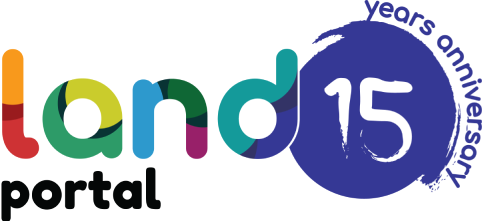The importance of the tertiary road
sector in contributing to economic development and poverty
alleviation efforts cannot be understated. In Albania,
forty-nine percent of rural producers have stated that a
lack of adequate transportation, primarily good roads, was
their biggest marketing problem. In Bosnia and Herzegovina,
there is discontent about the quality of the regional and
tertiary roads, with complaints about the low quality of
roads foremost amongst all public services. In Former
Yugoslav Republic (FYR) Macedonia, a recent survey has
revealed tertiary roads to rank among the top three capital
investment priorities in two-thirds of surveyed
municipalities twelve percent listing as first priority,
twenty-three percent as second priority and thirty-one
percent as the third priority. Other studies have supported
these findings but also report positive differences in
school enrolment, and frequency in use of health services,
between areas with and without all-weather roads. The best
model of financing for tertiary (rural) roads is highly
dependent on a particular country. The key to setting a
policy framework for managing road networks is the
realization that with constrained funding and specified
target standards, there will be a finite limit to the size
of the road network that can be maintained. By setting
target standards and budget limits, road authorities
effectively define the extent of road networks that can be
maintained on a sustainable basis. Efforts should be made to
increase options for local governments' own revenue
sourcing and increase support from the central government in
financing of maintenance operations.
Authors and Publishers
World Bank
World Bank Group (WB)
The World Bank is a vital source of financial and technical assistance to developing countries around the world. We are not a bank in the ordinary sense but a unique partnership to reduce poverty and support development.
Data provider
World Bank Group (WB)
The World Bank is a vital source of financial and technical assistance to developing countries around the world. We are not a bank in the ordinary sense but a unique partnership to reduce poverty and support development.


